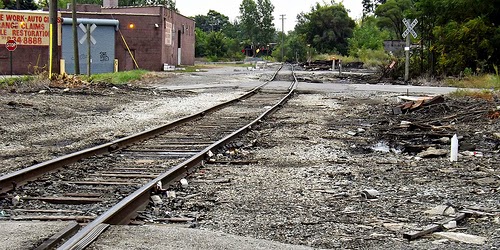From Common Prayer: A Liturgy for Ordinary Radicals. It is an amazing daily prayer book that will
change the way you start your day. You can buy it here or read it online here.
Everything in our society teaches us to move away from suffering, to
move out of neighborhoods where there is high crime, to move away from
people who don’t look like us.
But the gospel calls us to something
altogether different. We are to laugh at fear, to lean into suffering,
to open ourselves to the stranger.
Advent is the season when we remember
how Jesus put on flesh and moved into the neighborhood. God getting
born in a barn reminds us that God shows up in the most forsaken corners
of the earth.
Wherever we come from, Jesus teaches us that good can
happen where we are, even if real-estate agents and politicians aren’t
interested in our neighborhoods. Jesus comes from Nazareth, a town from
which folks said nothing good could come. He knew suffering from the
moment he entered the world as a baby refugee born in the middle of a
genocide. Jesus knew poverty and pain until he was tortured and executed
on a Roman cross.
This is the Jesus we are called to follow. With his
coming we learn that the most dangerous place for Christians to be is in
comfort and safety, detached from the suffering of others. Places that
are physically safe can be spiritually deadly.
Sunday, November 30, 2014
Wednesday, November 19, 2014
Having Nothing to Plead
All the blessings which God hath bestowed upon man are of his mere grace, bounty, or favour; his free, undeserved favour; favour altogether undeserved; man having no claim to the least of his mercies. It was free grace that “formed man of the dust of the ground, and breathed into him a living soul,” and stamped on that soul the image of God, and “put all things under his feet.” The same free grace continues to us, at this day, life, and breath, and all things. For there is nothing we are, or have, or do, which can deserve the least thing at God’s hand. “All our works, Thou, O God, hast wrought in us.” These, therefore, are so many more instances of free mercy: and whatever righteousness may be found in man, this is also the gift of God.
Wherewithal then shall a sinful man atone for any the least of his sins? With his own works? No. Were they ever so many or holy, they are not his own, but God’s. But indeed they are all unholy and sinful themselves, so that every one of them needs a fresh atonement. Only corrupt fruit grows on a corrupt tree. And his heart is altogether corrupt and abominable; being “come short of the glory of God,” the glorious righteousness at first impressed on his soul, after the image of his great Creator. Therefore, having nothing, neither righteousness nor works, to plead, his mouth is utterly stopped before God.
--John Wesley
Sermon on Salvation by Faith
Preached at St. Mary's Oxford
June 18, 1738
Subscribe to:
Posts (Atom)

